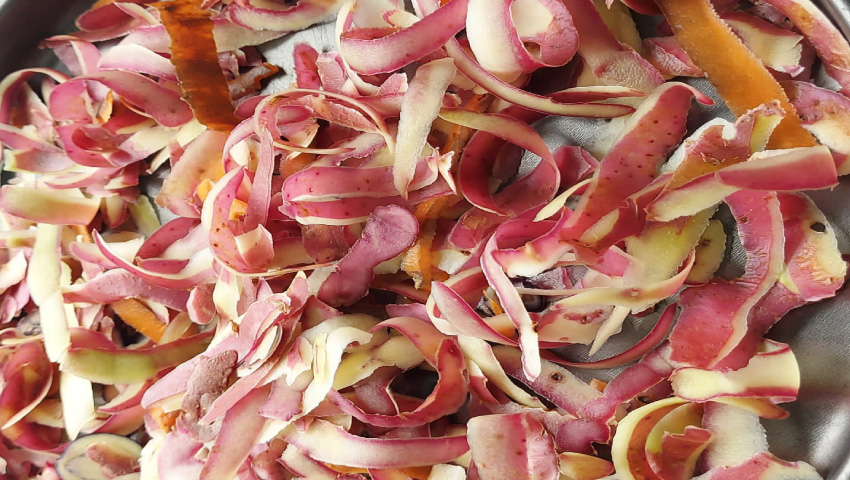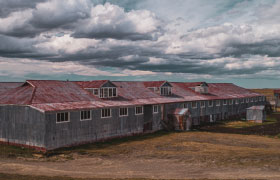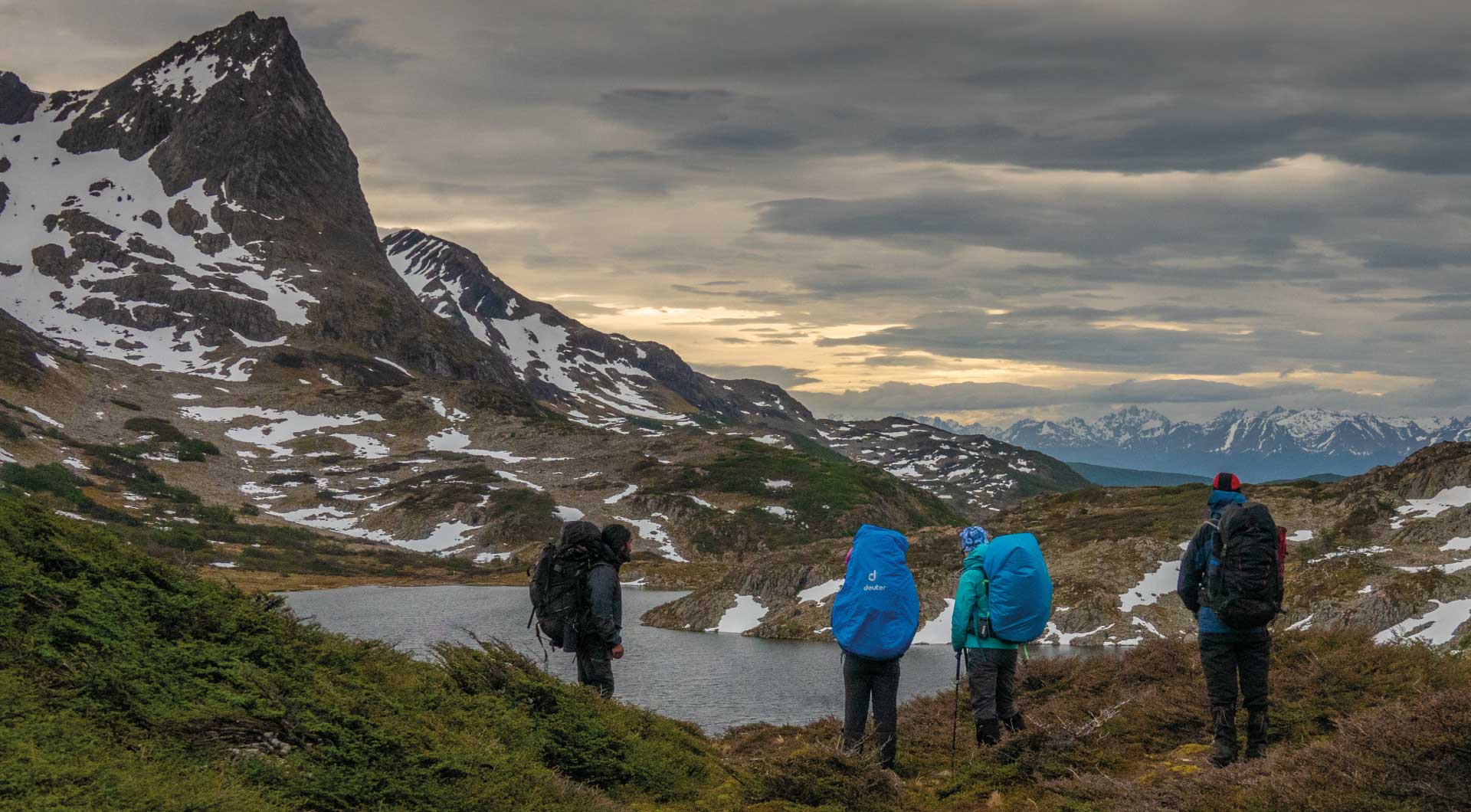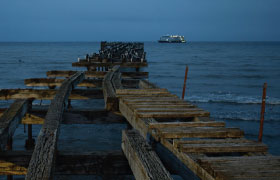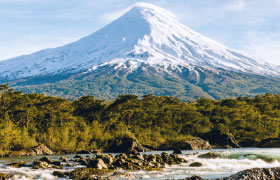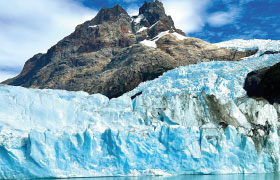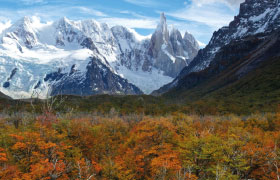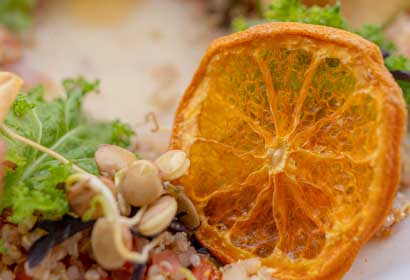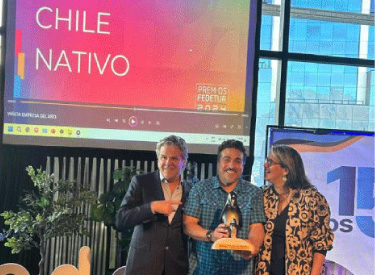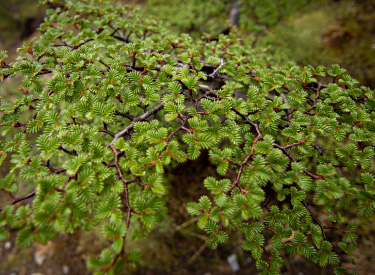
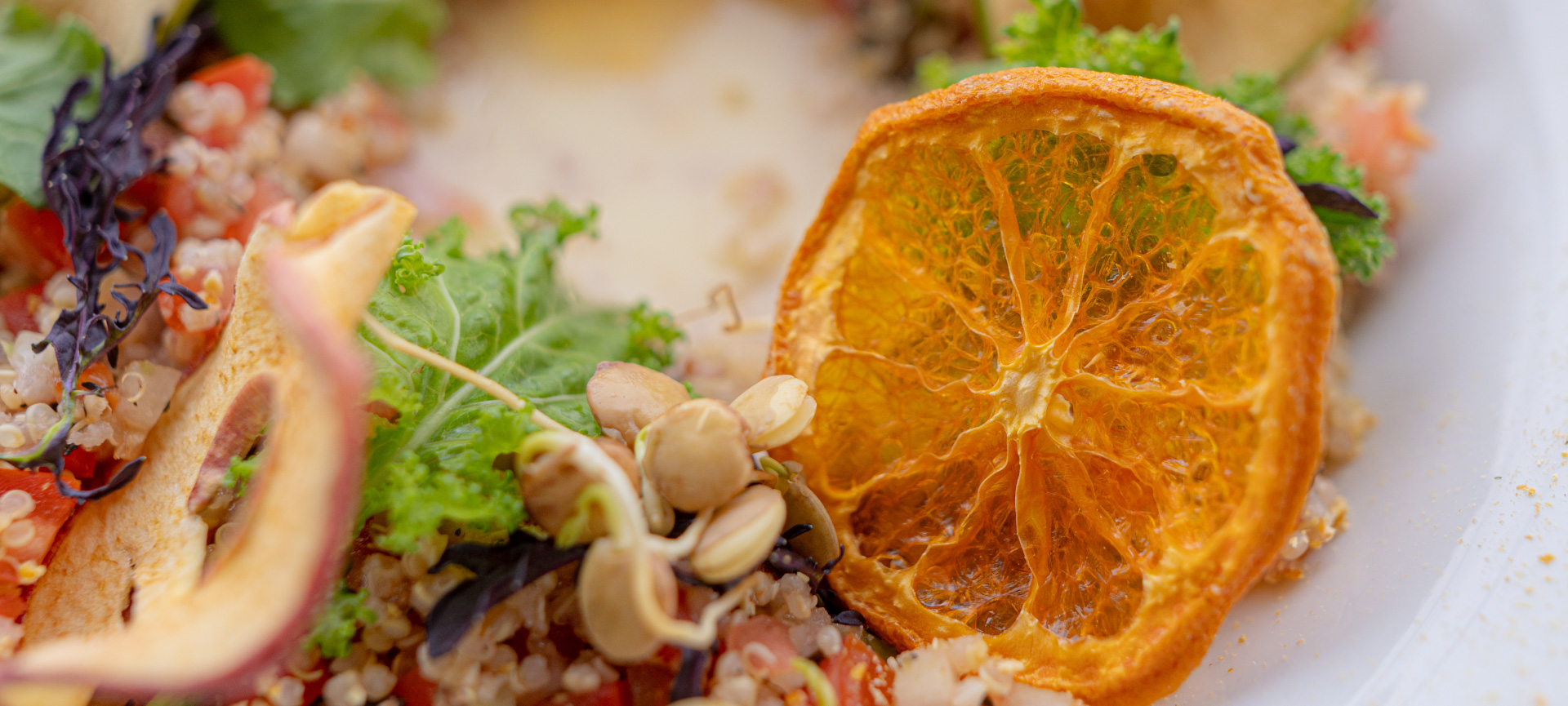
How we handle our organic waste at Riverside Camp
At Riverside Camp by the Serrano River, we pride ourselves on providing comfort and indulgence in the heart of nature. Not only do we offer breathtaking views and exquisite local cuisine, but we also operate sustainably to minimize our environmental footprint. One of the key ways we do this is by processing and reusing almost 100% of our organic waste.
Our commitment to sustainability: Zero waste at Riverside Camp
We are committed to our goal of zero waste, meaning we generate no waste at all. Instead, we carefully sort and process our organic waste for multiple uses, ensuring nothing goes to waste. By extending the lifespan of these materials, we contribute to a cleaner, greener future while providing our guests with high-quality, locally-sourced meals.
How we process organic waste at Riverside Camp
To maintain our sustainable practices, we classify organic waste into four categories, each carefully managed to make the most out of these resources.
- Low water content waste: The first category consists of organic waste with low water content, such as vegetable peels and stems (onion, garlic, carrot, celery, cilantro, parsley, and bell peppers). These are easy to dehydrate and are transformed into vegetable broths, which we use for vegetable creams, rice cooking, quinoa dishes, and stews. This process ensures that even the smallest scraps are reused and nothing goes to waste.
- Medium water content waste: Next, we collect waste with higher water content, such as outer vegetable layers and the sun-exposed or burnt parts of plants. Ingredients like cilantro, celery, basil, and mint leaves are dehydrated and repurposed into decorative powders for dish and dessert garnishing. This not only reduces waste but enhances the presentation and flavor of our meals.
- Fruit and vegetable peels: We also reuse the peels from fruits and vegetables like lemons, oranges, and ginger. These are dried and turned into flavored teas or infused water, offering a refreshing and sustainable alternative to traditional beverages.
- Decomposing organic waste: The final category includes organic materials that cannot be used in cooking, such as eggshells, potato skins, sweet potato peels, and wilted lettuce leaves. These items are dehydrated, not for culinary purposes, but to nourish and regenerate the soil, enhancing the health of our local environment and reducing the need for chemical fertilizers.
Why zero waste matters at Riverside Camp
By carefully processing organic waste at Riverside Camp, we are reducing our environmental impact and ensuring that we contribute to a more sustainable future. Our commitment to zero waste is not just about food scraps; it’s part of our larger initiative to maintain a harmonious relationship with the environment while offering a unique, eco-friendly experience to our guests.
Join our cause
At Riverside Camp, we invite our guests to be part of our sustainability efforts. Every meal is a step toward a cleaner, greener Patagonia. Together, we can make a positive impact on the planet while enjoying the natural beauty that surrounds us.
